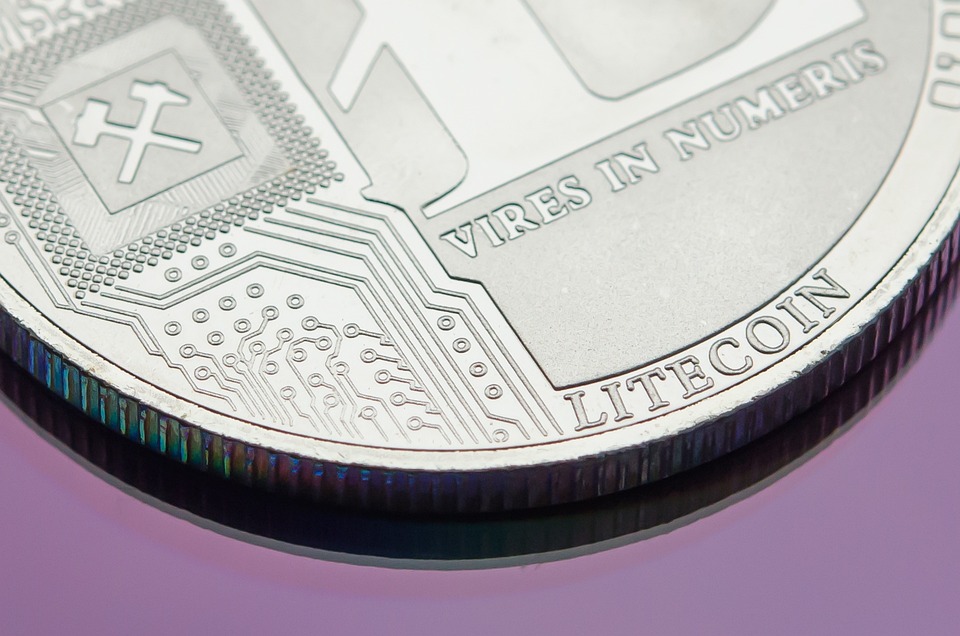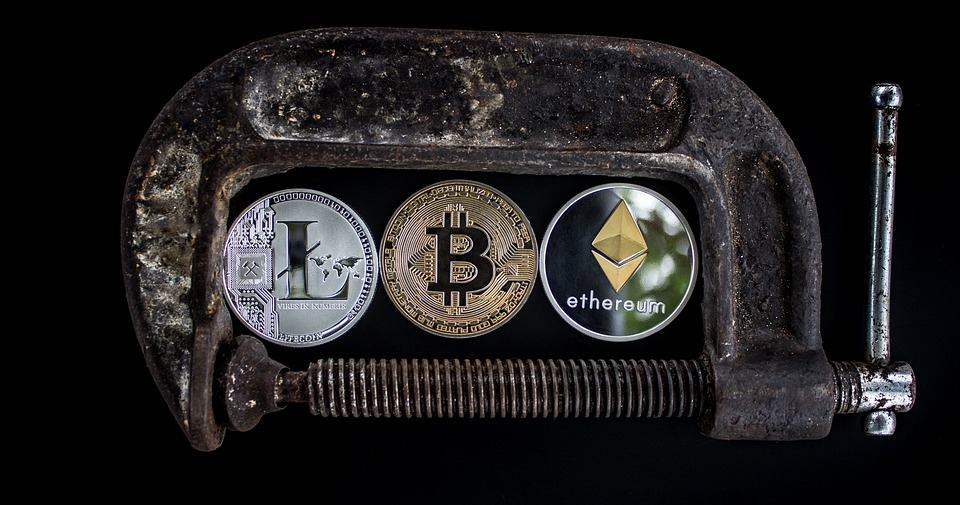Decentralization: The Future of Governance?
In recent years, the concept of decentralization has been gaining popularity as a potential solution to various problems seen in traditional forms of governance. From politics to finance, decentralization offers a new approach that empowers individuals and communities to have more control over their own lives and decisions.
Decentralization is the distribution of power and decision-making authority away from a central authority to smaller, localized entities. This concept is based on the belief that dispersed decision-making can lead to more efficient, transparent, and accountable governance.
One area where decentralization is making a big impact is in the world of finance. Cryptocurrencies, such as Bitcoin and Ethereum, operate on decentralized networks that are not controlled by any single entity. This means that transactions are faster, cheaper, and more secure compared to traditional banking systems. In addition, decentralization in finance opens up opportunities for individuals to have more control over their own wealth, without relying on banks or other financial institutions.
Another area where decentralization is making waves is in politics. With the rise of blockchain technology, there are now platforms that allow for decentralized decision-making processes, such as voting and governance. This enables citizens to have a direct say in how their communities are governed, without the need for intermediaries or representatives.
Governments are also starting to see the benefits of decentralization. By distributing power and resources to local communities, governments can foster innovation, collaboration, and accountability. Decentralized governance structures can lead to more responsive and effective policies, as decision-making is done closer to the people who are affected by those decisions.
There are, of course, challenges to implementing decentralization. One major concern is the potential for manipulation and corruption in decentralized systems. Without a central authority to oversee and regulate decision-making processes, there is a risk that bad actors could exploit the system for their own gain.
Another challenge is the need for education and awareness about decentralization. Many people are still unfamiliar with the concept and may be hesitant to embrace it due to fears of uncertainty and instability. It will be important for advocates of decentralization to provide clear and transparent information about how it works and the potential benefits it can bring.
Despite these challenges, the future of governance looks to be increasingly decentralized. As technology continues to advance and more people become aware of the benefits of distributed decision-making, we can expect to see a shift towards more decentralized systems of governance in the coming years. Decentralization offers a promising alternative to traditional top-down approaches, with the potential to empower individuals and communities to take control of their own futures.




